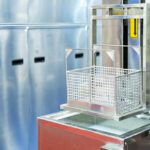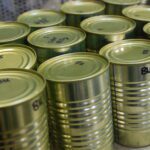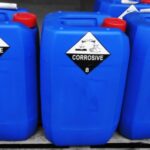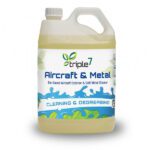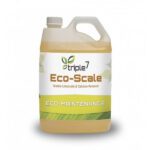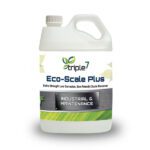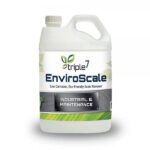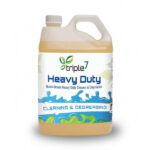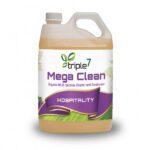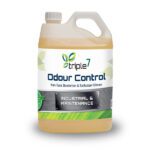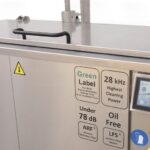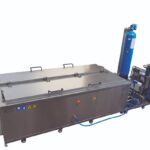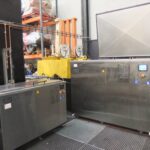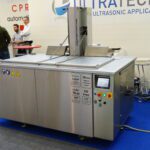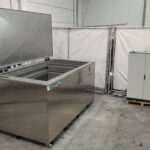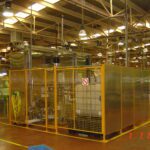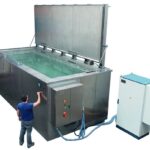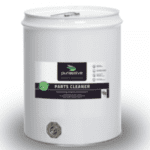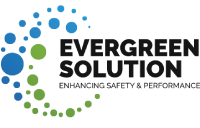Bacteria have been used as cleaning agents for many years, but in recent times, their use has been increasing in various industries due to their effectiveness, safety, and environmental benefits. Bacteria-based cleaning agents, also known as bioremediation, can be used to break down and remove pollutants, contaminants, and other impurities from a wide range of surfaces and environments.
One of the major industries where bacteria-based cleaning agents have found acceptance is the oil and gas industry. Bacteria can be used to break down hydrocarbons and other pollutants in oil spills and contaminated soils, making them a safer and more effective alternative to traditional cleaning methods.
Another industry where bacteria-based cleaning agents have seen success is the food and beverage industry. Bacteria can be used to clean and sanitize food processing equipment and facilities, as well as to break down and remove food waste. They can also be used to clean and sanitize the surfaces of fruits and vegetables, helping to reduce the risk of food-borne illness.
In addition to these industries, bacteria-based cleaning agents are also finding success in other areas such as: -The agriculture industry, where they are used to control pests and diseases in crops, and to improve soil health. -The water treatment industry, where they are used to remove pollutants and impurities from water, and to improve water quality. -The manufacturing industry, where they are used to clean and maintain equipment, and to remove pollutants and impurities from the air.
There are many different strains of bacteria that can be used as cleaning agents, each with their own unique properties and abilities. Some of the most commonly used strains include:
- Pseudomonas fluorescens, which can be used to break down hydrocarbons and other pollutants in oil spills and contaminated soils.
- Bacillus subtilis, which can be used to clean and sanitize food processing equipment and facilities, as well as to break down and remove food waste.
- Lactobacillus plantarum, which can be used to clean and sanitize the surfaces of fruits and vegetables, and to improve their shelf life
Bacteria-based cleaning agents, also known as bioremediation, have many advantages over traditional cleaning methods when it comes to their use in various industries. These advantages include:
- Effectiveness: Bacteria-based cleaning agents are highly effective in breaking down and removing pollutants, contaminants, and other impurities from a wide range of surfaces and environments. They can be used to clean and sanitize equipment, facilities, and products, and to break down and remove waste.
- Safety: Bacteria-based cleaning agents are generally considered to be safer than traditional cleaning methods, as they are less toxic and less likely to cause harm to humans and the environment. They are also less corrosive than many traditional cleaning chemicals, which reduces the risk of damage to equipment and facilities.
- Environmental benefits: Bacteria-based cleaning agents are biodegradable and do not produce harmful byproducts, which makes them a more environmentally friendly option than many traditional cleaning methods. They can also be used to break down pollutants and other impurities in the environment, helping to improve air and water quality.
- Cost-efficiency: Bacteria-based cleaning agents can be cost-effective as they can be produced on-site, reducing the need for transportation and storage. They also can be used for long-term cleaning and maintenance, reducing the need for frequent reapplication of cleaning agents.
- Customization: Bacteria-based cleaning agents can be customized to target specific types of pollutants or impurities, making them more effective and efficient than traditional cleaning methods.
In comparison to traditional cleaning methods, bacteria-based cleaning agents score well in terms of effectiveness, safety and environmental benefits. They are generally considered to be more efficient and more cost-effective than traditional cleaning methods. They also offer a more sustainable and greener alternative to traditional cleaning methods, which has become increasingly important



